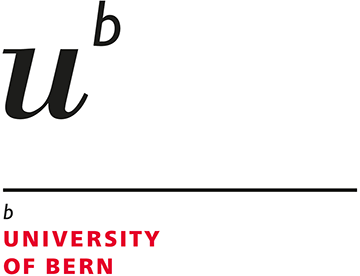Intercultural Knowledge
In a globalized world with an extraordinary diversity, the University of Bern has always welcomed international scholars and facilitated research going beyond borders from its early days.
Famous examples include Albert Einstein, who qualified as a lecturer at the University and held his first lectures here in 1908. Anna Tumarkin became the first women to become a professor in Europe with the right to supervise and examine doctoral students during the same epoch.

Today, diversity is to be found in the wide range of research and teaching taking place in Theology and the Humanities at the University.
Thematically, they range from archaeology to linguistics, from social anthropology to theater studies, from history to cultural studies.
Additionally, certain activities take an inter- and transciplinary approach.
They include the Interdisciplinary Centre for Gender Studies and the Walter Benjamin Kolleg, which is focused on the social sciences and humanities and young researchers.
The latter is named after Walter Benjamin, the philosopher whose work is considered to epitomize the many changes brought by the 20th century. Benjamin spent two years in Bern, completing his PhD.
